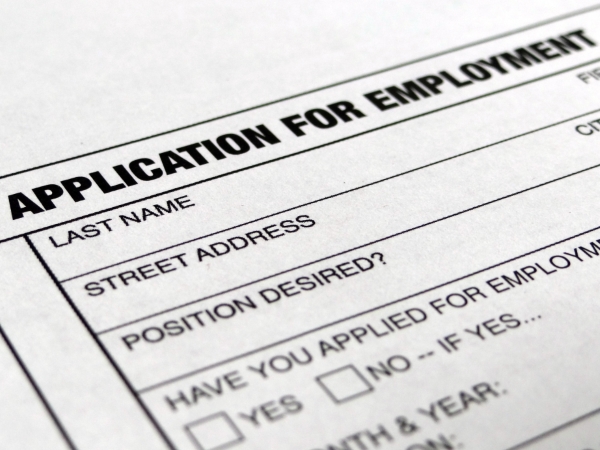At a previous place I worked they required employees to answer the same online survey on a weekly basis. The intention was good - because of the geographically distributed workforce, it was a digital (albeit brute automated) attempt to open the lines of communication.
The all-male engineering team, of which I was a part, was coming off a poorly received feature deployment to our almost-entirely female clientele. It coincided with an article I found about how Etsy raised their female engineers hire rate by 500%. A key to that success was supplementing traditional hiring practices with their own home-grown talent.
One of the questions on that recurring form was how the company could improve. So one week I proposed the creation of an internship program, focused on identifying, mentoring, and (eventually) hiring the talent we lacked.
"Yeah" my manager responded via the automatically routed response, "but those things are hard." Nothing changed, and I left the company soon after for a number of reasons.
That was years ago and yet things, seemingly, have only gotten worse in the tech industry. Given the problems the lack of diversity cause, this is insane. What's more, companies like Facebook - when confronted with diversity numbers that don't match platitudes - blame the public education systems for not producing enough qualified applicants.
That doesn't sit well, and for good reason:
"When I saw this article I had to fight back tears. I thought about all the work I've put into to get to where I am today and wondered will it even matter when I start my job search in a few months. According to most tech companies, if I can't pass an algorithmic challenge or if I'm not a "culture fit" I don't belong. I haven't even started my first full-time job yet and I'm already so tired of feeling erased and mistreated by the tech industry."

While searching for examples of what works I came across two examples from another notoriously unbalanced environment: late night television writers' rooms. In the first, John Oliver's team narrowed down applicants through two rounds of blind selection. The second example, Samantha Bee's Full Frontal, also used a blind submission process.
I am currently hiring and have these things on my mind. It wasn't immediately obvious how to conduct a blind submission process for an API software governance product manager. However, working with our hiring team, we worked out a first round process that is focused on skills mastery, rather than resume history. The initial candidates are opaque to me; instead of, consciously or unconsciously, giving the benefit of the doubt based on name, school, or previous employment the gate to subsequent vetting is based entirely on their vision for creating a better process.
I am fortunate to work at a place that not only talks the talk, but walks the walk. It would have been easy for someone involved in this process to push back, saying this was "just an HR problem". They could have argued that "the process is what it is". They could have dismissed doing something different because it was "hard".
To work, encouraging diversity is everyone's responsibility. This is an experiment with no guarantee of success. However, it is important that we continue to try. Let's figure it out together.
Update 2016-09-10: Facebook's point-based recruiting system isn't producing diversity. As I mentioned, I have other problems with Facebook. However, the deeper dive into raises some eyebrows.




